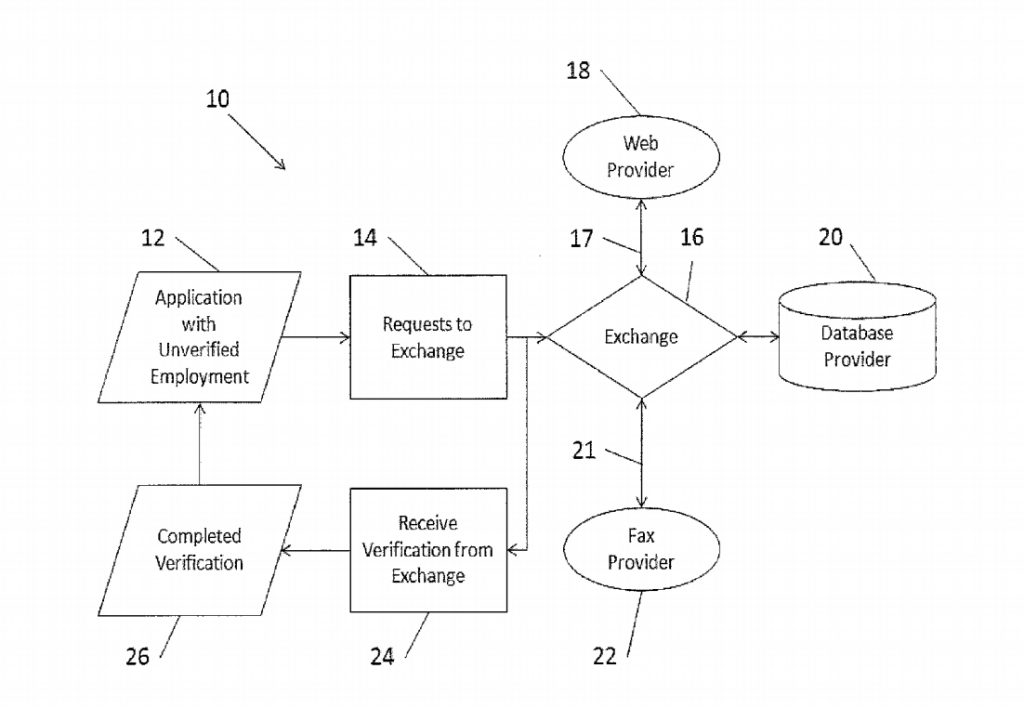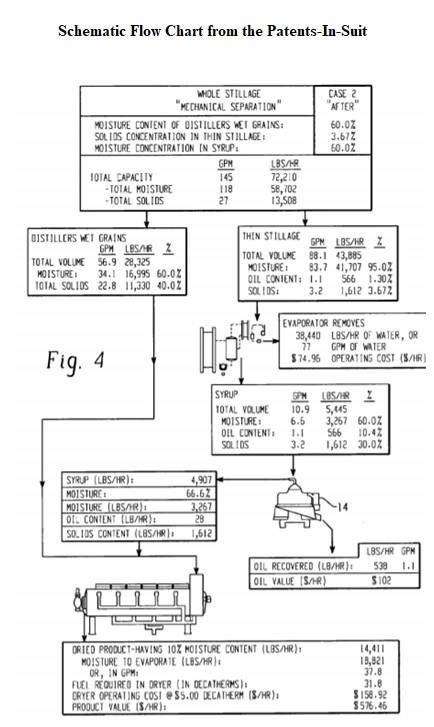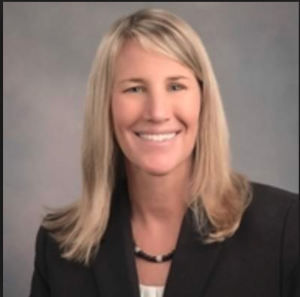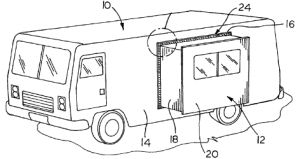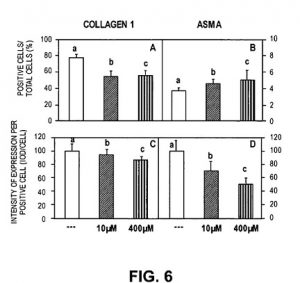In a recent CAFC ruling on U.S. Patent No. 9,361,658, owned by Mantissa Corporation, the court addressed the issue of claim definiteness in the context of an infringement dispute with First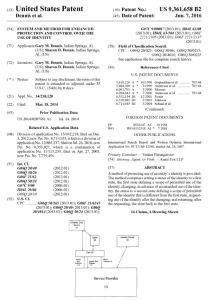 Financial Corporation and First Financial Bank, N.A. The case focused on interpreting terms like “transaction partner” and “OFF” within the patent claims. The district court, relying on expert testimony, found “transaction partner” indefinite, a decision challenged by Mantissa. However, the CAFC majority emphasized intrinsic evidence from the patent itself, highlighting the term’s absence in the original specification and rejecting Mantissa’s argument that a person of ordinary skill would understand it as a seller. The court declined to address the construction of “OFF” due to jurisdictional constraints. Judge Schall dissented, arguing for a broader interpretation of “transaction partner” based on the specification’s references to multiple parties involved in transactions.
Financial Corporation and First Financial Bank, N.A. The case focused on interpreting terms like “transaction partner” and “OFF” within the patent claims. The district court, relying on expert testimony, found “transaction partner” indefinite, a decision challenged by Mantissa. However, the CAFC majority emphasized intrinsic evidence from the patent itself, highlighting the term’s absence in the original specification and rejecting Mantissa’s argument that a person of ordinary skill would understand it as a seller. The court declined to address the construction of “OFF” due to jurisdictional constraints. Judge Schall dissented, arguing for a broader interpretation of “transaction partner” based on the specification’s references to multiple parties involved in transactions.
Ultimately, the CAFC’s ruling highlights the importance of precision and clarity in patent claims. It emphasizes the intrinsic evidence as a primary source for claim interpretation and underscores the significance of ensuring that claim terms are adequately defined within the patent specification itself. This case serves as a reminder of the critical role that claim definiteness plays in the protection and enforcement of intellectual property rights.
 Indiana Intellectual Property Law News
Indiana Intellectual Property Law News


